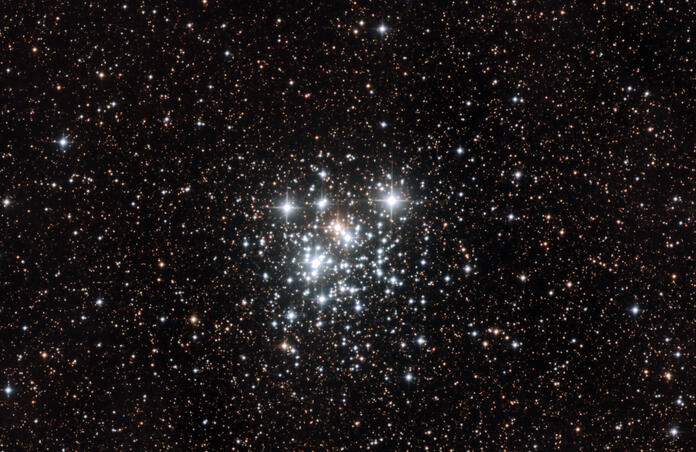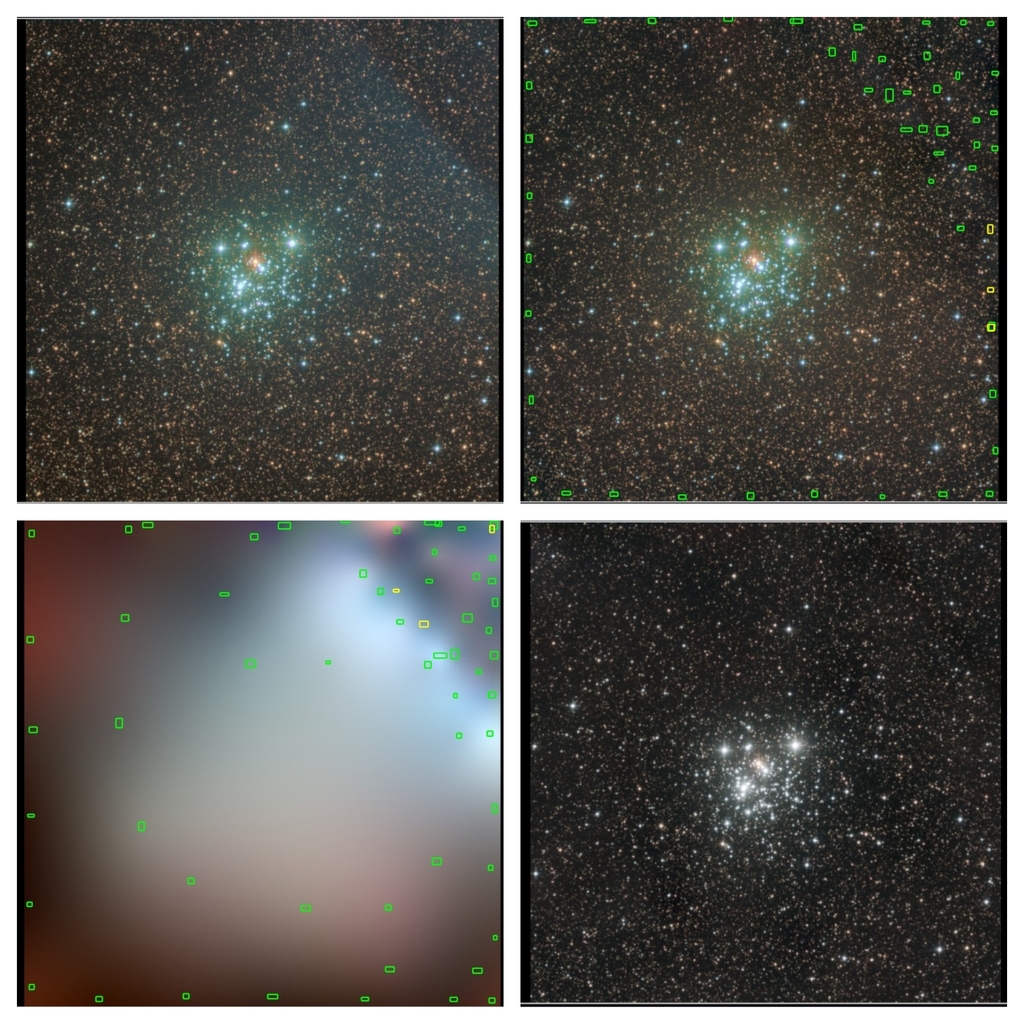Removing Gradients in Astro Images With Astro Pixel Processor

Astro Pixel Processor or simply APP is a complete deep sky image processing application with several innovative features. The software can be used for calibration, registration and integration as well as final (pre)processing (such as non-linear stretching using DDP).
It was developed to make deep sky image processing as easy as possible: it is user-friendly and easy to use to get good results. APP does not have as many post processing features as e.g. PixInsight. You still need a photo editor such as Photoshop, Gimp, Affinity… for star reduction, sharpening, noise reduction, final tweaks…
Nice APP features are a.o. easy light pollution & gradient removal, easy and effective mosiac creation and an excellent RGB combine tool for images taken with different filters.
This contribution illustrates the “Remove Light Pollution” tool, to correct for gradients.
I used data from 2 one-click observations of the Jewel Box (also known as NGC 4755, or Caldwell 94), an open cluster in the constellation Crux.
After integration and combining the LRGB-data in APP, the combined image showed a substantial gradient.
The light pollution tool in APP allows you to add selection boxes (a minimum of five) of any size around your image. You just need to place these boxes on regions where there is no nebulosity (stars are no problem, the boxes may contain lots of stars).

Attached, you’ll see the effect of this gradient removal tool in APP on the image of NGC 4755:
-) combined LRGB-image (top, left)
-) selection boxes to remove gradients in the image (top, right)
-) gradient correction model (bottom, left)
-) image after gradient removal (bottom, right)
The light pollution tool really gives an even background: after some iterations, gradients are effectively being removed. The final image, after processing in Photoshop CC, is also shown.
This blog post was originally published in our Telescope Live Community.
The Community represents Telescope Live's virtual living room, where people exchange ideas and questions around astrophotography and astronomy.
Join the conversation now to find out more about astrophotography and to improve your observation and post-processing skills!